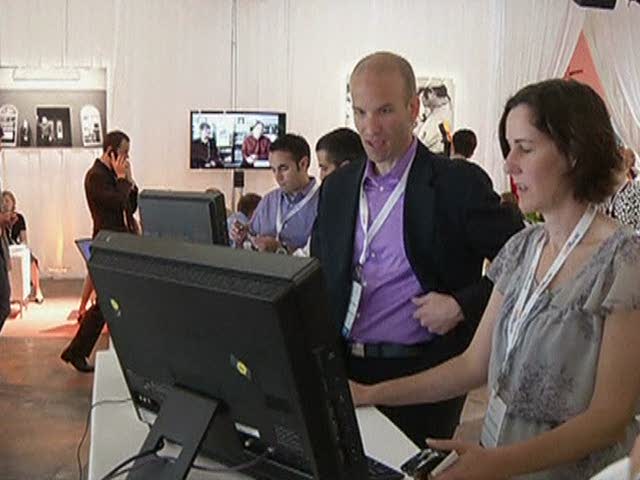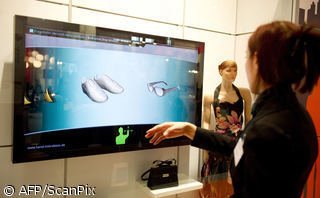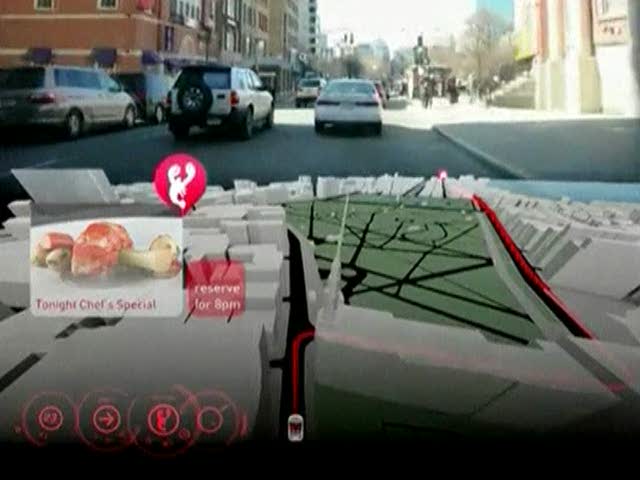Benchmarking Europe with Japan and the US
Published:
17 April 2001 y., Tuesday
Durlacher's recent report - UMTS Report: An investment perspective - identifies the global mobile wireless market as three distinct types of markets:
Mobile operator driven
Internet-driven
Technology-driven
Mobile operator-driven markets are characterized by countries with low internet penetration but high mobile services penetration (e.g. Japan). Due to the dynamics of the economies in these countries, network operators can influence content, and employ a closed portal strategy.
Internet-driven markets are composed of markets with high penetration of internet and relatively low penetration of mobile services. ISPs, portals, application developers and content providers who have matured in the internet world are dominant players in this market. The US is a good example of this type of market.
In Europe the mobile and internet markets are diverse. Northern Europe is a heavy user of both mobile communications and fixed internet access. In Finland for example, there is mobile penetration rate of 75% and fixed line internet access of 50%, according to Durlacher. Countries such as Germany, the UK and the Netherlands are quickly catching up to the Scandinavian countries in terms of both internet and mobile penetration. Southern European countries have high mobile penetration, but have low fixed internet access penetration. Durlacher reports that Italy, for example, had 12% penetration of fixed line internet and 65% penetration of mobile phones in late 2000.
NTT DoCoMo's position in Japan is unique in that it is the dominant operator in the mobile market and is well protected from entry of newcomers. Its dominant position has enabled the company to dictate the development of the technology enablers for the I-mode concept. This includes networks, terminals and applications. While NTT DoCoMo controls 59% of the mobile market, KDDI and J-Phone, two other large mobile operators in Japan, have advanced quickly into the mobile space. Japan leads the world in mobile data and internet services and will be the test bed for 3G services.
While the North American market leads the world in internet adoption and e-commerce, it lags when it comes to the mobile sector. The multiple technology standards and coverage issues have held back quality and service levels in comparison with leading regions in Europe. 3G license auctions have been postponed to 2002, which will delay the commencement of next-generation mobile services in the US. Another significant factor holding back the development of mobile wireless in the US is the fact that mobile operators employ the "Calling Party Pays" system.
Šaltinis:
emarketer.com
Copying, publishing, announcing any information from the News.lt portal without written permission of News.lt editorial office is prohibited.
The most popular articles
Software company announced new structure_ of it_s business.
more »
 A new smartphone from Samsung has been announced by Three in Sweden, the Samsung Galaxy Z.
more »
A new smartphone from Samsung has been announced by Three in Sweden, the Samsung Galaxy Z.
more »
 News Corporation has sold its ailing social networking site MySpace to online advertising firm Specific Media.
more »
News Corporation has sold its ailing social networking site MySpace to online advertising firm Specific Media.
more »
 Microsoft CEO Steve Ballmer promoted company‘s new cloud product Office 365at an event in New York City.
more »
Microsoft CEO Steve Ballmer promoted company‘s new cloud product Office 365at an event in New York City.
more »
 Most folks do work with their hands, but what about your feet?
more »
Most folks do work with their hands, but what about your feet?
more »
 Company Double Research & Development has developed a new input device that can sense motion and pressure of the fingers. Manipulator "amenbo" find its use in applications requiring detection of users using their hands.
more »
Company Double Research & Development has developed a new input device that can sense motion and pressure of the fingers. Manipulator "amenbo" find its use in applications requiring detection of users using their hands.
more »
 Thousands of pages from one of the world's biggest collections of historic books, pamphlets and periodicals are to be made available on the internet.
more »
Thousands of pages from one of the world's biggest collections of historic books, pamphlets and periodicals are to be made available on the internet.
more »
 Chinese internet giant Alibaba has announced that it is reorganizing one of its websites, Taobao, into three separate units.
more »
Chinese internet giant Alibaba has announced that it is reorganizing one of its websites, Taobao, into three separate units.
more »
 Mr Lockhart, who joins Facebook next month as Vice President of Global Communications, represents the company's latest move to enlist Washington insiders.
more »
Mr Lockhart, who joins Facebook next month as Vice President of Global Communications, represents the company's latest move to enlist Washington insiders.
more »
 Facebook is planning an IPO that could value the company at as much as $100 billion, according to CNBC sources.
more »
Facebook is planning an IPO that could value the company at as much as $100 billion, according to CNBC sources.
more »
 Audi and MIT's SENSEable City Lab have teamed up to design the car navigation system of the future - a 3D display that will sit on the dashboard.
more »
Audi and MIT's SENSEable City Lab have teamed up to design the car navigation system of the future - a 3D display that will sit on the dashboard.
more »